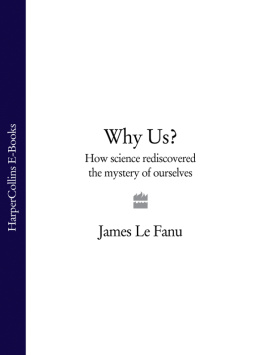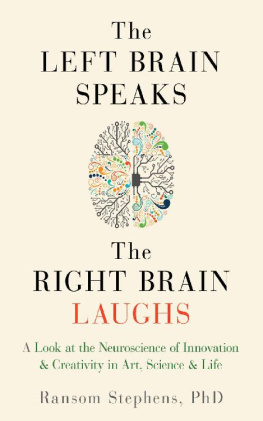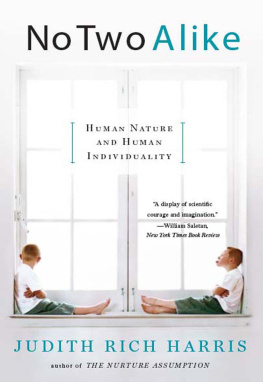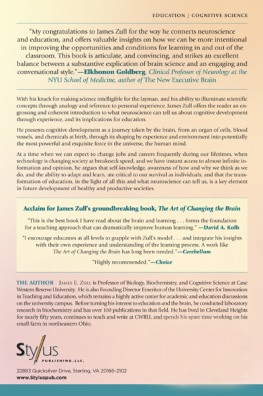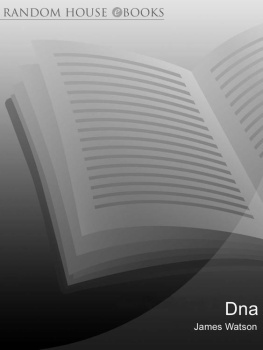
For Juliet
Know then thyself, presume not God to scan;
The proper study of mankind is man
Sole judge of Truth, in endless Error hurled:
The glory, jest and riddle of the world!
Alexander Pope, An Essay on Man (1734)
Wonders are there many, observed the Greek dramatist Sophocles but none more wonderful than Man. And rightly so for man, as far as we can tell, is the sole witness of the splendours of the universe he inhabits though consistently less impressed by his existence than would seem warranted.
Men go abroad to wonder at the height of mountains, at the huge waves of the sea, at the long courses of the rivers, at the vast compass of the ocean, at the circular motion of the stars, observed St Augustine in the fifth century AD, and they pass by themselves without wondering.
The reasons for that lack of wonder at ourselves have changed over the centuries, but the most important still stands: the practicalities of our everyday lives are so simple and effortless as to seem unremarkable. We open our eyes on waking to be surrounded immediately by the shapes and colours, sounds, smells and movement of the world around us in the most vivid and exquisite detail. We feel hungry, and by some magical alchemy of which we know nothing, our bodies transform the food and drink before us into our flesh and blood. We open our mouths to speak and the words flow, a ceaseless babbling brook of thoughts and ideas and impressions. We reproduce our kind with ease and play no part in the transformation, in three short months, of the single fertilised egg into an embryo, no larger than a thumbnail, whose four thousand functioning parts include a beating heart the size of the letters on this page, and a couple of eyes the size of the full stop at the end of this sentence. We attend to our childrens needs, but effortlessly they grow inch by inch, year by year to adulthood, replacing along the way virtually every cell in their bodies, refashioning the skull, limbs and internal organs, while retaining the proportions of one part to another.
The moment one starts to reflect on any of these practicalities, their effortlessness does begin to seem rather astonishing. They clearly are not in the least bit simple yet in reality they are almost the simplest thing we know. They appear simple because they have to be so: if our senses did not accurately capture the world around us, if our metabolism did not abstract and utilise every nutrient, if procreation was not almost too easy and the growth of children into adulthood not virtually automatic, if we had to consciously make an effort to speak a sentence then we would never have happened.
This should make us pause for a moment because, from common experience, there is nothing more difficult and arduous than to make the complex appear simple just as the concert pianists seemingly effortless keyboard skills are grounded in years of toil and practice. So, it is precisely the effortlessness of our everyday lives that should command our attention recognising their semblance of simplicity as a mark of their unfathomable profundity.
But most people nowadays do pass by themselves without wondering; though less justifiably so than in St Augustines time, for we now know prodigiously more about the deep biological complexities that underpin those simplicities of our everyday lives. We should, by rights, be enormously more appreciative of natures ingenuity, and the deceptive effortlessness of our seeing and talking and reproducing our kind should be part of common knowledge, a central theme of the school biology curriculum, promoting a sense of wonder in the young mind at the fact of its very existence.
Yet one could search a shelf full of biology text books in vain for the slightest hint of the extraordinary in their detailed exposition of these practicalities of our lives. And why? Scientists do not do wonder. Rather, for the past 150 years they have interpreted the world through the prism of supposing that there is nothing in principle that cannot be accounted for, where the unknown is merely waiting-to-be-known. And so it has been till very recently, when two of the most ambitious scientific projects ever conceived have revealed, quite unexpectedly and without anyone really noticing that we are after all a mystery to ourselves. This is the story of how it happened, and its (many) consequences.
1
Science Triumphant, Almost
The real voyage of discovery consists not in seeking new lands, but in seeing with new eyes.
Marcel Proust
, whose lengthy roll-call of discoveries and technical innovations has immeasurably changed our lives for the better. Within living memory children succumbed in their thousands every year from polio and whooping cough, telephones were a rarity, colour television was yet to be invented and the family would gather every evening around the wireless after supper to listen to the news.
Since then, the therapeutic revolution of the post-war years has reduced death in infancy to its irreducible minimum, while ensuring that most now live out their natural lifespan; the electronic revolution has prodigiously extended both the capacity of the human mind, with computers of ever smaller size and greater power, and its horizons, with the Hubble telescope circling in orbit around the earth, relaying back from the far reaches of the cosmos sensational images of its beauty and grandeur.
The landmarks of this post-war scientific achievement are familiar enough: for medicine, there are antibiotics and the pill, heart transplants and test tube babies (and much else besides); for electronics, the mobile phone and the Internet; for space exploration, the Apollo moon landing of 1969 and the epic journey of Voyagers I and II to the far reaches of our solar system. But these last fifty years have witnessed something yet more remarkable still a series of discoveries that, combined together, constitute the single most impressive intellectual achievement of all time, allowing us to hold in our minds eye the entire sweep of the history of the universe from its beginning till now. That history, we now know, starts fifteen thousand million years ago (or thereabouts) with the Big Bang, and expansive for any form of words [when] a speck of matter became in a million millionth of a second something at least ten million million million times bigger. Eleven thousand million years pass, and a massive cloud of gas, dust, pebbles and rocks in a minor galaxy of that (by now) vast universe coalesces around a young sun to create the planets of our solar system. Another thousand million years pass, the surface of the earth cools and the first forms of life emerge from some primeval swamp of chemicals. Yet another two and a half thousand million years elapse till that moment a mere(!) five million years ago when the earliest of our ancestors first walked upright across the savannah plains of central Africa.
And again, within living memory we knew none of this, neither how the universe came into being, nor its size and composition; neither how our earth was born, nor how its landscape and oceans were created; neither the timing of the emergence of life, nor the universal code by which all living things reproduce their kind; neither the physical characteristics of our earliest ancestors, nor the details of their evolutionary transformation to modern man. Now we do, and holding this historical sweep in our minds eye it is possible to appreciate the intellectual endeavour that underpins it will never, can never, be surpassed. How astonishing to realise that todays astronomers can detect the distant echoes of that moment of glory of the Big Bang all those billions of years ago, and capture in those astonishing images transmitted from the Hubble telescope the very processes that brought our solar system into existence. How astonishing that geologists should have discovered that massive plates of rock beneath the earths surface, moving at the rate of a centimetre a year, should have formed its continents and oceans, the mountains and valleys of the snow-capped Himalayas thrust upwards by the collision of the Indian subcontinent with the Asian landmass. How astonishing, too, that biologists should now understand the internal workings of the microscopic cell, and how the arrangements of the same four molecules strung out along the elegant spiral of the Double Helix contain the master plan of every living thing that has ever existed.

